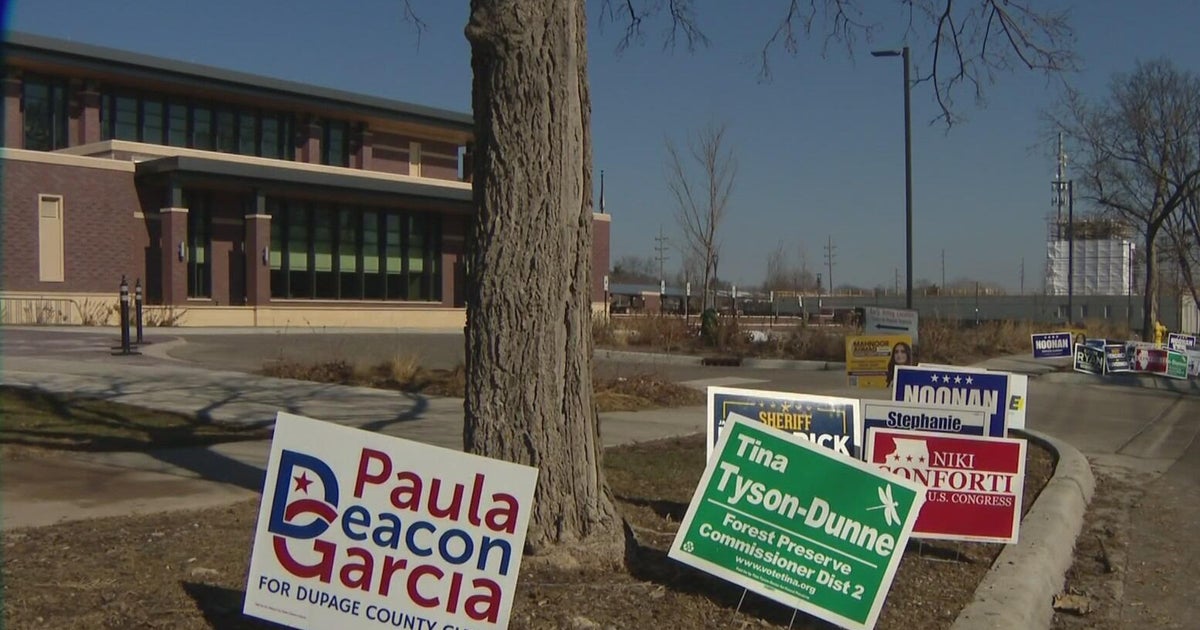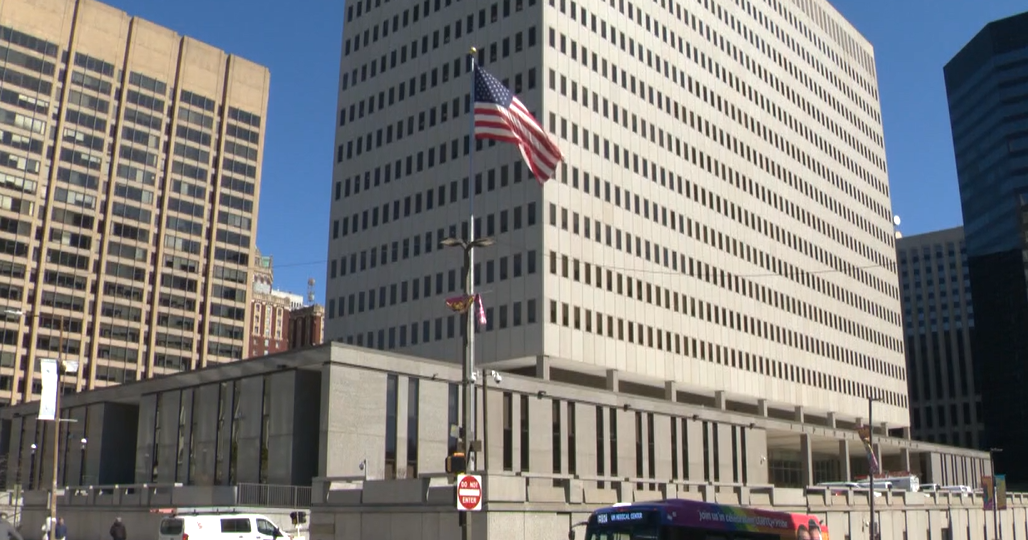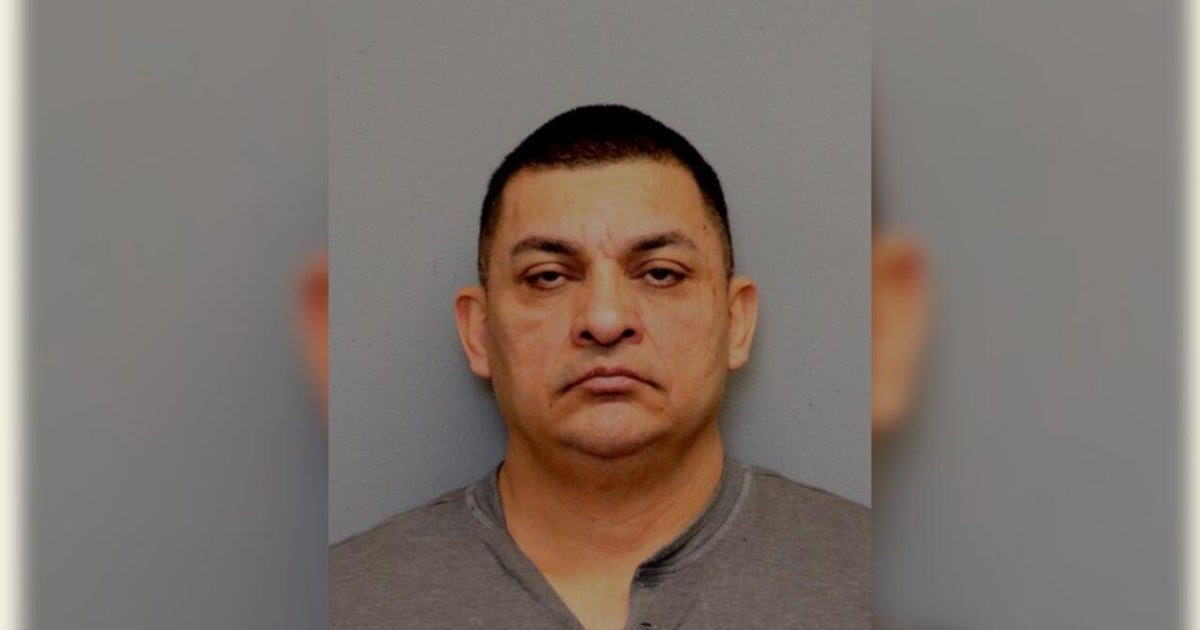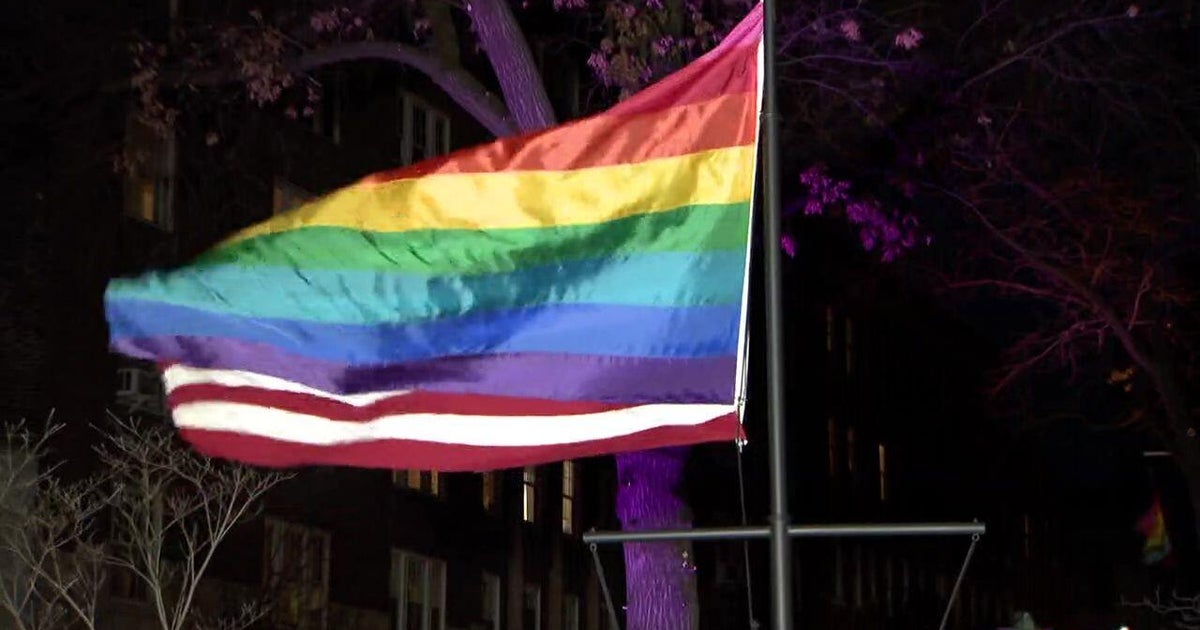Bill Could Make It Tougher For Md. Ballot Measures
ANNAPOLIS, Md. (AP) -- Laws in 2012 prompted Maryland's first statewide ballot referendum in 20 years, allowing marriage equality, the Dream Act and congressional redistricting to be upheld by voters.
And if those who don't agree with Maryland's likely ban of the death penalty try to get voters to reverse it, a new bill could create obstacles for them and other citizens looking to petition state laws to ballot, lawmakers say. Legislation by Delegate Eric Luedtke, D-Montgomery, would demand several things from those circulating petitions to force a ballot issue.
It would require the sponsor to form a ballot issue committee, which is a campaign finance entity, for each law that is challenged.
Organizers would also face new signature page guidelines such as a requirement for circulators to initial each signature as a witness and a mandated training course for petition circulators. The legislation would also prohibit circulators from receiving compensation or bonuses based on the number of signatures collected.
Luedtke said the aim of the bill is not to discourage residents from petitioning issues to ballot but to make the process more transparent and to ward off fraud.
"We are not looking to make it harder for people to petition something to ballot. The bill brings the petition process under the campaign finance umbrella to provide the same level of transparency that we provide all other political campaigns," Luedtke said of his Referendum
Integrity Act. "It has some protections in there for signers. Signers' data cannot be used for commercial purposes. We can have an electoral system that is free of fraud but also allows maximum public access."
Delegate Neil Parrott, a Washington County Republican, has named Luedtke's measure a "Referendum Suppression Act" and insists that it makes an already stringent referendum process even more restrictive.
"It's a death by a thousand cuts," said Parrott who is also chairman of MDPetitions.com, an online petition system. "It adds so many bureaucratic hurdles that it would make it almost impossible to have another successful referendum in Maryland."
Paul Jacob, an expert on initiatives and referendum, agrees.
"In Maryland, you can print out a petition from online and sign it as a voter and as a circulator," said Jacob, who is a board member for Citizens in Charge, an advocacy group. "If you happen to be elderly or disabled and shut in, you are going to have a harder time signing your petition because you would have to go out and get someone to witness your signature."
Under Luedtke's bill, petition signers would now have to include their date of birth and consent to their petition information being publicly disclosed. Their addresses must also match that of the state voter registration list. Signers would be prohibited from updating their address, if different, when signing.
Maryland will soon become the 18th state to abolish capital punishment, unless the new law is petitioned to a referendum in the 2014 general election, and rejected by voters. Gov. Martin O'Malley is set to sign the bill passed earlier this month into law and no major petition drive to reverse the repeal has emerged.
"It's never happened, as far as I know, that a state legislature has passed a bill to repeal the death penalty, and death penalty supporters have tried to block them via referendum," said Jennie Bowser, a senior fellow at the National Conference of State Legislators.
Senate President Thomas V. Mike Miller Jr., D-Calvert, who opposed the repeal and predicted earlier this year that a referendum vote was likely, is no longer sure.
"There doesn't seem to be an interest," Miller said.
Delegate C.T. Wilson, D-Charles County, attributes the lack of momentum for a referendum to the fact no one has been executed in the state in years.
"I fought on the floor to preserve the death penalty, however, I don't see that there's going to be a big push for referendum," Wilson said.
Wilson is opposed to the referendum rule changes.
Maryland has five men on death row. The state's last execution took place in 2005, during the administration of Republican Gov. Robert Ehrlich.
Parrott, who voted against the capital punishment ban, doesn't anticipate a repeal referendum anytime soon, but remains steadfast in his assertion that the petition process should be fair and accessible.
"The bureaucratic hurdles that this bill imposes are going to scare anyone who might want to lead a petition away," Parrott said.
(Copyright 2013 by The Associated Press. All Rights Reserved.)







